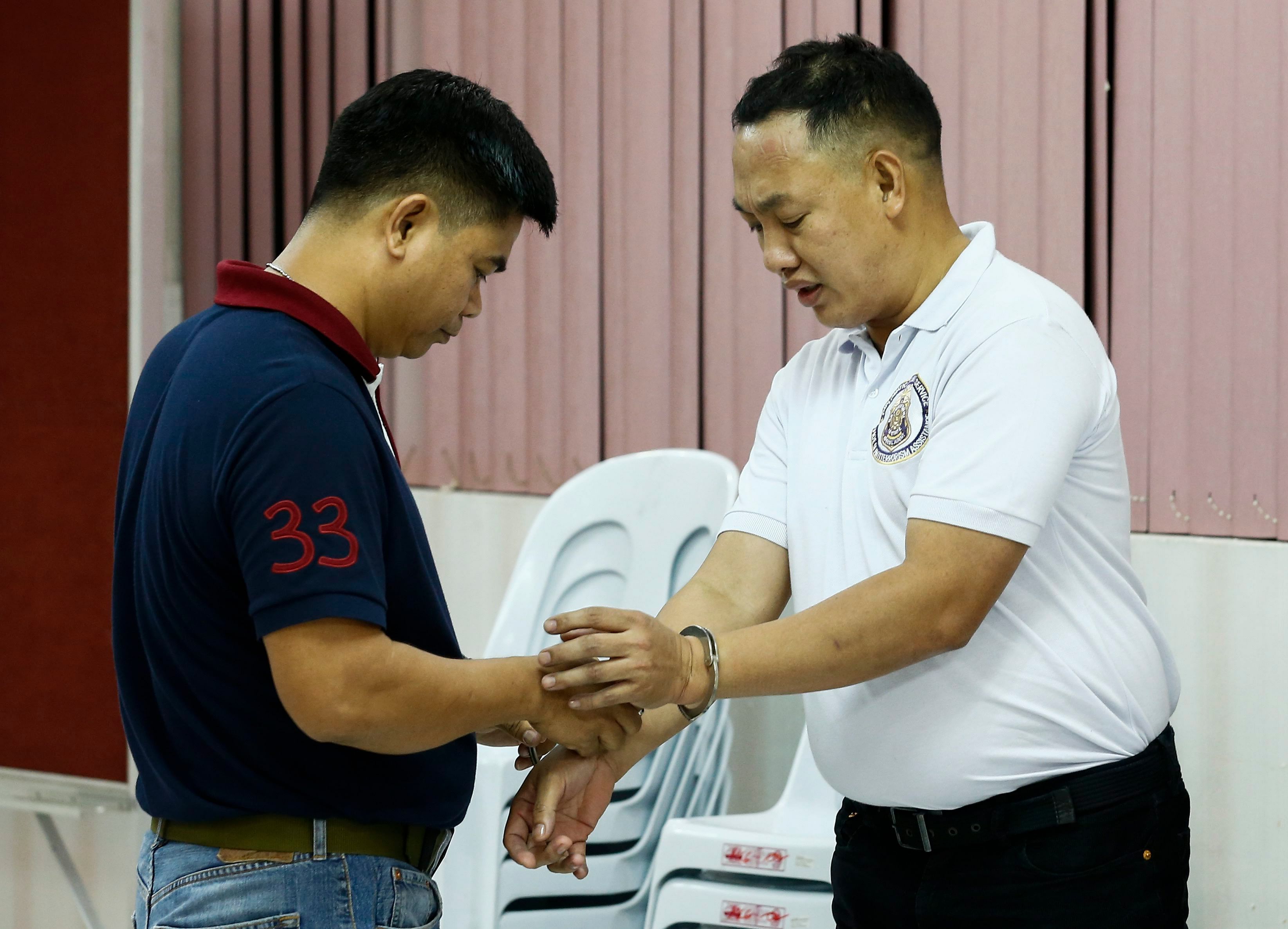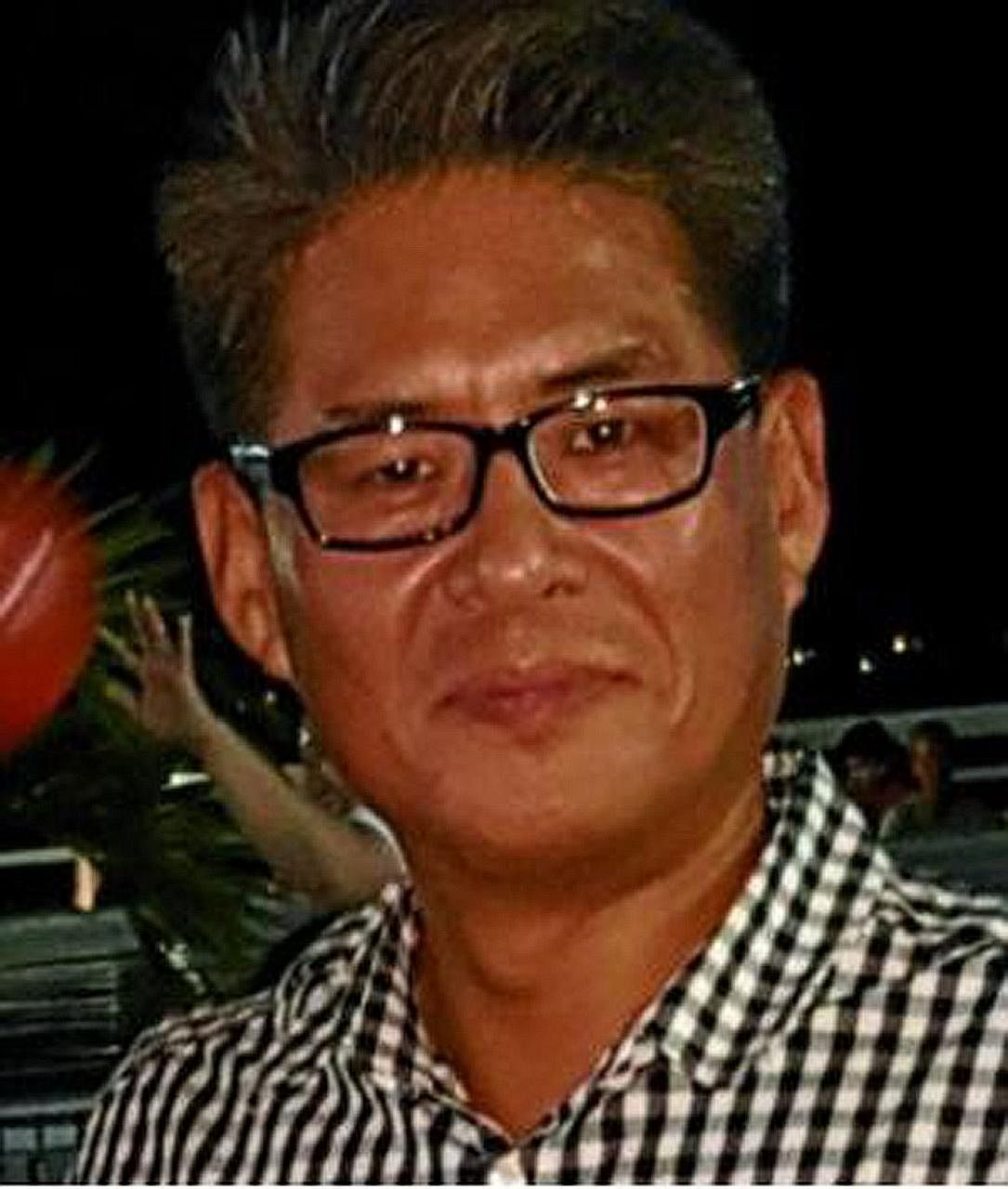The Philippine Senate will begin investigating today a crime committed under the guise of a drug raid, in a case that may upend President Rodrigo Duterte's controversial anti-narcotics war, or at least change the guns-blazing way in which it is being waged.
In the case last October, an anti-narcotics team barged into the home of Korean Jee Ick Joo, 53, a former executive at shipping firm Hanjin. They had with them a fake warrant accusing Mr Jee of drug-dealing.
They took some 500,000 pesos (S$14,200) worth of cash and jewellery and his sport utility vehicle, and took him to the headquarters of the police force's top brass in Manila.
While at a compound inside the police camp, just steps away from the police chief's office, police officer Ricky Santa Isabel, who led the raid, had two of his men wrap Mr Jee's head in packaging tape. Santa Isabel then strangled him.
Santa Isabel later demanded a ransom of five million pesos from Mr Jee's wife. Not knowing that her husband was already dead, she paid up on Oct 31, but Santa Isabel asked for another four million pesos. This time, she went to the media for help and Santa Isabel was arrested.
The case has unearthed a serious flaw in Mr Duterte's anti-drugs campaign: the people supposedly at the centre of it all - the police.

Since Mr Duterte took office on June 30 and promised to rid the country of the drug scourge in six months, more than 6,000 people have been killed, half of them by policemen.
Far from being outraged, Mr Duterte has cheered them on, despite evidence showing that many of those killed were unarmed and not resisting arrest.

Mr Duterte has also stood by officers who killed a mayor he accused of dealing in drugs, though an official inquiry revealed that it was, in fact, a summary execution.
But Mr Jee's murder may be one death too many. It has shown that corruption in the police force may be deep and widespread.
Mr Duterte's promise to shield the law enforcers involved in the narcotics crackdown may even be fuelling this police-abetted crime wave, dubbed "tokhang-for- ransom", after a police drive to knock on the doors of suspected drug users called Operation Tokhang ("tokhang" means knock in the Bisaya dialect).
This week, it was reported that three Koreans who came to play golf in December were nabbed by policemen under the pretext of a raid on illegal gambling. The Koreans were robbed of their computers, jewellery, golf clubs, and were held for about eight hours until someone they knew came to pay 300,000 pesos for their release.
Ms Teresita Ang-See, founder of the anti-crime Movement for the Restoration of Peace and Order, said there had been at least 11 other "tokhang-for-ransom" cases, mostly involving rich Filipino- Chinese, including a friend of Mr Duterte.
In the case of Mr Jee, Santa Isabel has named the head of the police's anti-illegal drugs group, his boss, Superintendent Rafael Dumlao, as the one behind the racket. Two more officers from this group have also been charged, and two government agents are being investigated.
The police chief, Director-General Ronald de la Rosa, said Santa Isabel's crew is part of a large syndicate using their positions in the police force as a cover for their illegal activities. But he insisted the malaise is isolated and being dealt with.
Rights groups and opposition lawmakers, on the other hand, said the episode marks a "breakdown of the rule of law".
University of the Philippines professor and political analyst Clarita Carlos described the police force as "a termite-infested organisation".
The best thing to do is "to burn it down and build a new one", she told a TV station.
Senator Panfilo Lacson, who heads the committee investigating Mr Jee's murder, said: "We want to find if this is commonplace. If this is commonplace, we have a real problem."

